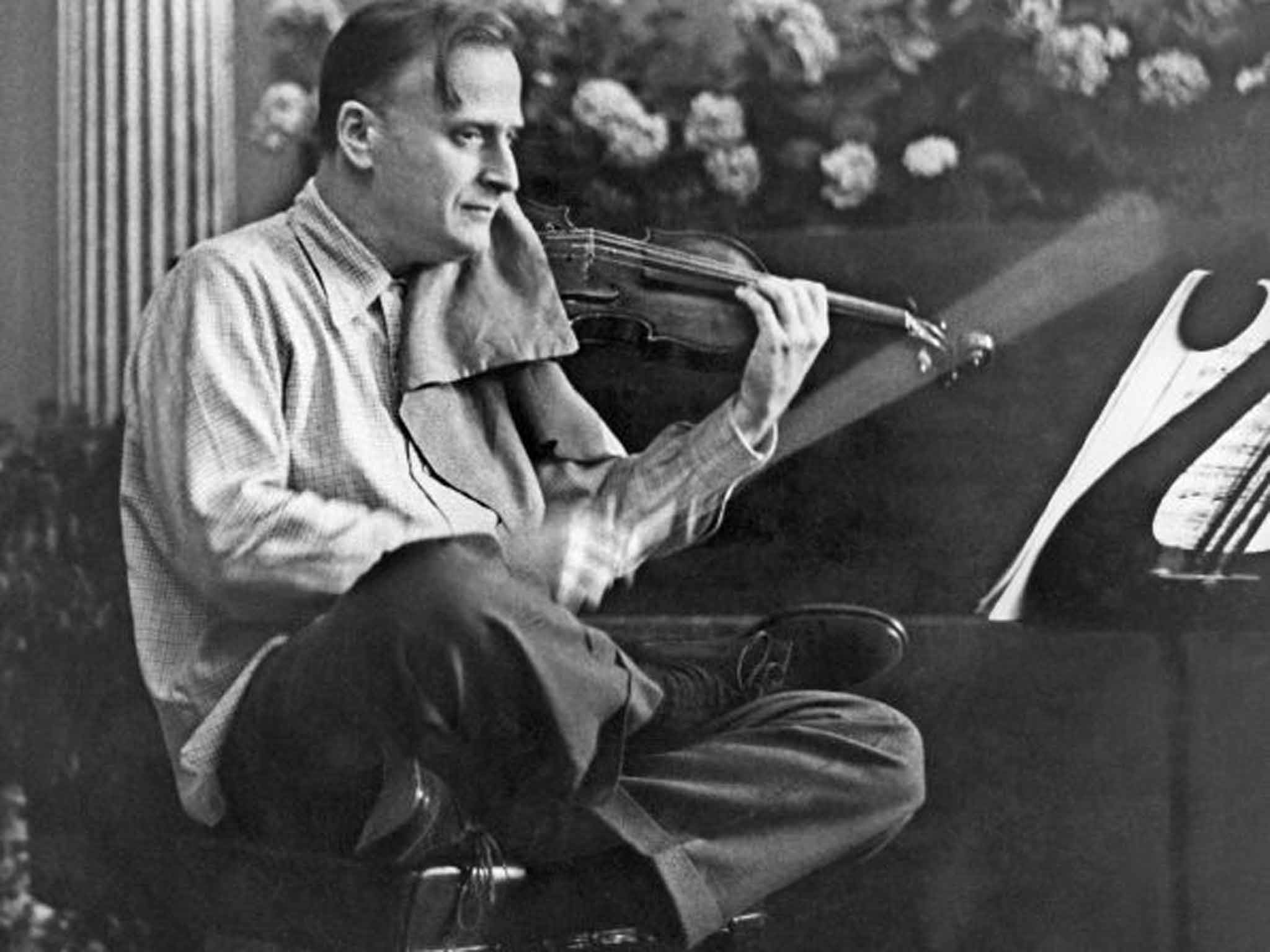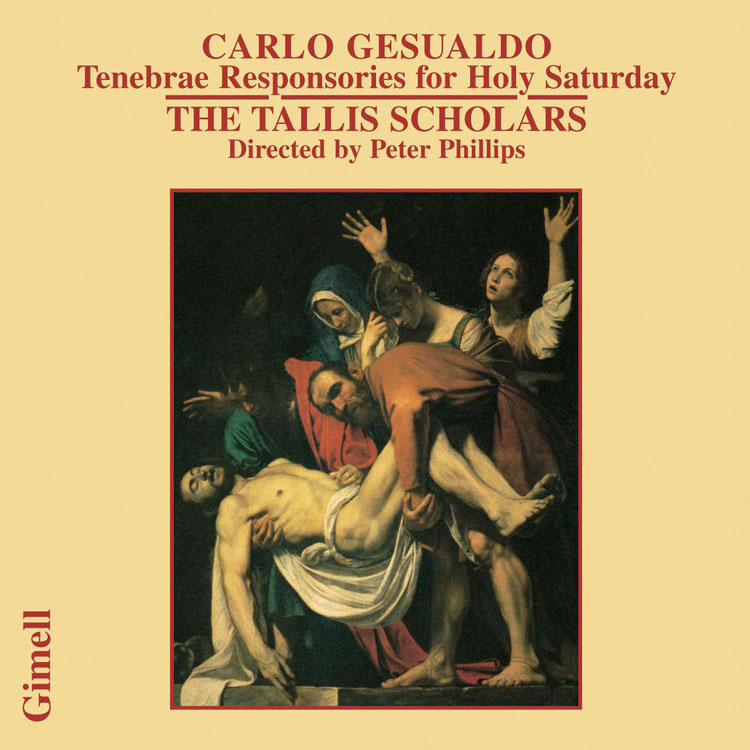30 April 2025
Uselessness.
Prevent.
28 April 2025
Spirit.
27 April 2025
Happy Birthday, Grant
26 April 2025
Slowly.
Control.
Merrier.
Bring.
Alert.
Handel, The Music for the Royal Fireworks (HWV 351)
Obeyed.
Acknowledge.
The goal of politics is to promote happiness, and this depends on the structure of government.[T]he divine science of politicks is the science of social happiness, and the blessings of society depend entirely on the constitutions of government, which are generally institutions that last for many generations, there can be no employment more agreeable to a benevolent mind, than a research after the best…Virtue is a key ingredient. If there is a form of government then, whose principle and foundation is virtue, will not every sober man acknowledge it better calculated to promote the general happiness than any other form?
Pastor Martin Niemöller wrote a poem in 1946 ...
First they came for the Communists
And I did not speak out
Because I was not a Communist
Then they came for the Socialists
And I did not speak out
Because I was not a Socialist
Then they came for the trade unionists
And I did not speak out
Because I was not a trade unionist
Then they came for the Jews
And I did not speak out
Because I was not a Jew
Then they came for me
And there was no one left
To speak out for me
Ecclesiastes 1:9
First.
The nine and twentieth day we set up a Crosse at Chesupioc Bay, and named the place Cape Henry.
24 April 2025
Now.
"Hang care!" exclaimed he. "This is a delicious evening; the wine has a finer relish here than in the house, and the song is more exciting and melodious under the tranquil sky than in the close room, where the sound is stifled. Come, let us have a bacchanalian chant—let us, with old Sir Toby, make the welkin dance and rouse the night-owl with a catch! I am right merry. Pass the bottle, and tune your voices—a catch, a catch! The lights will be here anon."
Charles Ollier, from "The Haunted Manor-House of Paddington"
Sytems.
Intense.
Happy Birthday, Martini
Happy Birthday, Warren
23 April 2025
Working.
Eat.
Happy Birthday, Turner
Slights.
To the poet, to the philosopher, to the saint, all things are friendly and sacred, all events profitable, all days holy, all men divine. For the eye is fastened on the life, and slights the circumstance. Every chemical substance, every plant, every animal in its growth, teaches the unity of cause, the variety of appearance.
Happy Birthday, Shakespeare
22 April 2025
Risk.
Happy Birthday, Menuhin
Happy Birthday, Kant
20 April 2025
Risen.
5 And the angel answered and said unto the women, Fear not ye: for I know that ye seek Jesus, which was crucified.6 He is not here: for he is risen, as he said. Come, see the place where the Lord lay.7 And go quickly, and tell his disciples that he is risen from the dead; and, behold, he goeth before you into Galilee; there shall ye see him: lo, I have told you.8 And they departed quickly from the sepulchre with fear and great joy; and did run to bring his disciples word.
19 April 2025
Inheritance.
Have the old Puritan scolds been vindicated? Perhaps, but only because they bequeathed us a self-fulfilling prophecy. A society so thoroughly steeped in the work ethic and committed to the pursuit of individual achievement cannot but fail to prepare its members for any other kinds of lives.Yet solutions to the problem of leisure exist throughout our own wisdom tradition, which stresses the value of friendship (Epicurus), contemplation (Aristotle), and “other-regarding” public service (Cicero). These basic human goods have been severely eroded, producing an age of loneliness, inattention, and ginned-up tribalism; but each could be reclaimed with sufficient free time and a proper command over it. While there will always be demagogues, conspiracists, and cult leaders, they would have no purchase over a people who can find fulfilment in themselves.Developing a healthy relationship with free time does not come naturally; it requires a leisure ethic, and like Aristotelian virtue, this probably needs to be cultivated from a young age. Only through deep, sustained habituation does one begin to distinguish between art and entertainment, lower and higher pleasures, titillation and the sublime. Those who would deny such distinctions cannot be dissuaded, because they belong to the uninitiated. They know not of what they speak.Honing an appreciation for the more sustaining sources of self-fulfilment takes time and self-discipline, yet a vast industry exists to lure us from the primrose path. At some point, the purpose of education was no longer to create well-rounded citizens with rich inner lives, political discernment, and a capacity for spiritual or emotional self-sufficiency – as Dewey hoped. The motivation, instead, has been to sustain the economy’s stock of “human capital” in the face of constant technological change.Just a few short years ago, everyone was advised to “learn to code,” regardless of where their real interests might lie. Yet now, we are told, this is one area where large language models already excel. Will some share of the hundreds of billions of dollars being invested into STEM be reallocated toward rescuing the humanities – the one set of disciplines whose value does not depend entirely on unforeseeable macroeconomic contingencies? We shouldn’t hold our breath.
American greatness has produced a society whose members know not what to do with the freedom and abundance that earlier generations secured. We are now witnessing the squandering of this inheritance, and it is even more idiotic and vulgar a spectacle than anyone would expect.
As a kid, I remember riding home in the car from my Great-Grandpa and Grandma Firchau's house after Sunday dinner, my Mum telling my sis and me nearly the same thing.
All afternoon I would watch and listen to four men that had secured America's freedom and abundance during their service in both theaters of World War II. These men who regularly hugged me, scrubbed my head after telling me jokes, and gave me sips of their beer, sat next to me at meals, stood beside me in church, and let me steer their cars from their laps. They were my family. I was their family. They never spoke of it, but my Mum had told me the stories of the inheritance they ensured for us.
Somehow I missed it, though. The increased debt I owe for being the first Firchau, going back as many generations as records allow, to not serve in the military, isn't lost on me.
Impelled.

Spirit.
Education is always a battlefield, spiritually, intellectually, politically, and because we're so politicized, we miss out on the movement of spirit. You remember Russell Kirk says in the very last chapter of Conservative Mind that conservatism is the regeneration of spirit and character -- of spirit and character with its morality and spirituality. Once you accept that it's a whole new world with all kinds of different political conflict and ideological conflict, but it's character, it's integrity, it's honesty, it's decency, it's courage at the center and that's a different level of living.
Always.
Rise.
Burnt.
I shall observe here that the road before you go into Lexington is level for about 1000 yards. Here we saw shots fired to the right and left of us, but as we heard no whistling of balls, I concluded they were to alarm the body that was there of our approach. On coming within gun shot of the Village of Lexington a fellow from the corner of the road on the right hand cock’d his piece at me, burnt priming. I immediately called to Mr. Adair & party to observe this circumstance which they did. I acquainted Major Pitcairn of it immediately. We still went on further when three shots were fired at us, which we did not return, & this is sacred truth as I hope for mercy these 3 shots were fired from the corner of a large house to the right of the Church when we came up to the main body which appeared to me to exceed 400 in & about the Village who were drawn up in a plane opposite to the Church, several officers called out to throw down your arms & you shall come to no harm, or words to that effect which they refused to do. Instantaneously the [British] gentlemen who were on horseback rode amongst them of which I was one, at which instant I heard Major Pitcairn’s voice call out ‘soldiers don’t fire, keep your ranks, form & surround them’, instantly some of the villains who got over a hedge fired at us which our men for the first time returned…
Laid.
57 When the even was come, there came a rich man of Arimathaea, named Joseph, who also himself was Jesus' disciple:58 He went to Pilate, and begged the body of Jesus. Then Pilate commanded the body to be delivered.59 And when Joseph had taken the body, he wrapped it in a clean linen cloth,60 And laid it in his own new tomb, which he had hewn out in the rock: and he rolled a great stone to the door of the sepulchre, and departed.61 And there was Mary Magdalene, and the other Mary, sitting over against the sepulchre.62 Now the next day, that followed the day of the preparation, the chief priests and Pharisees came together unto Pilate,63 Saying, Sir, we remember that that deceiver said, while he was yet alive, After three days I will rise again.64 Command therefore that the sepulchre be made sure until the third day, lest his disciples come by night, and steal him away, and say unto the people, He is risen from the dead: so the last error shall be worse than the first.65 Pilate said unto them, Ye have a watch: go your way, make it as sure as ye can.66 So they went, and made the sepulchre sure, sealing the stone, and setting a watch.





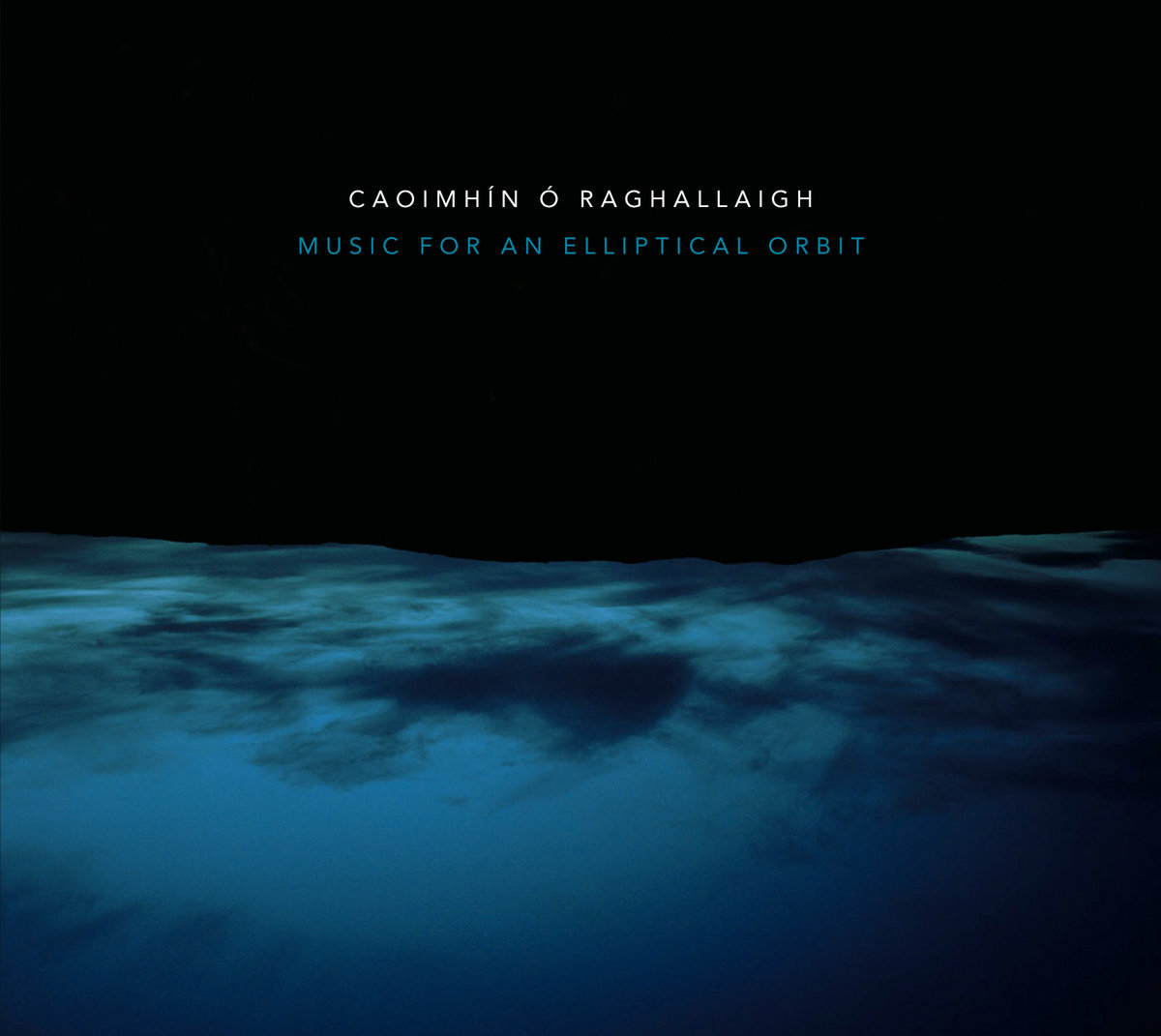

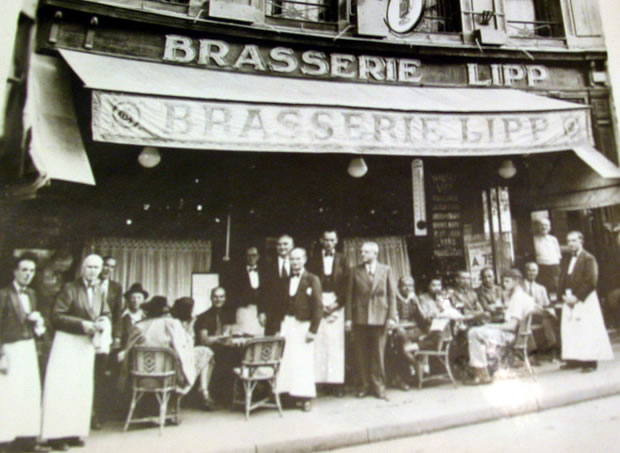

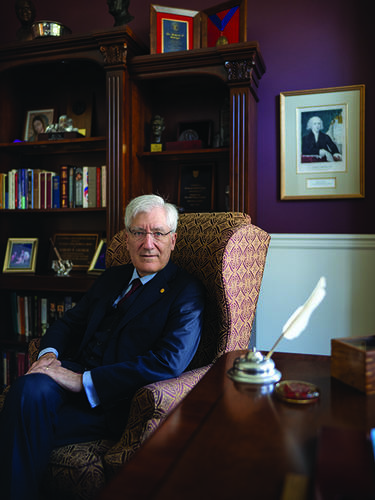






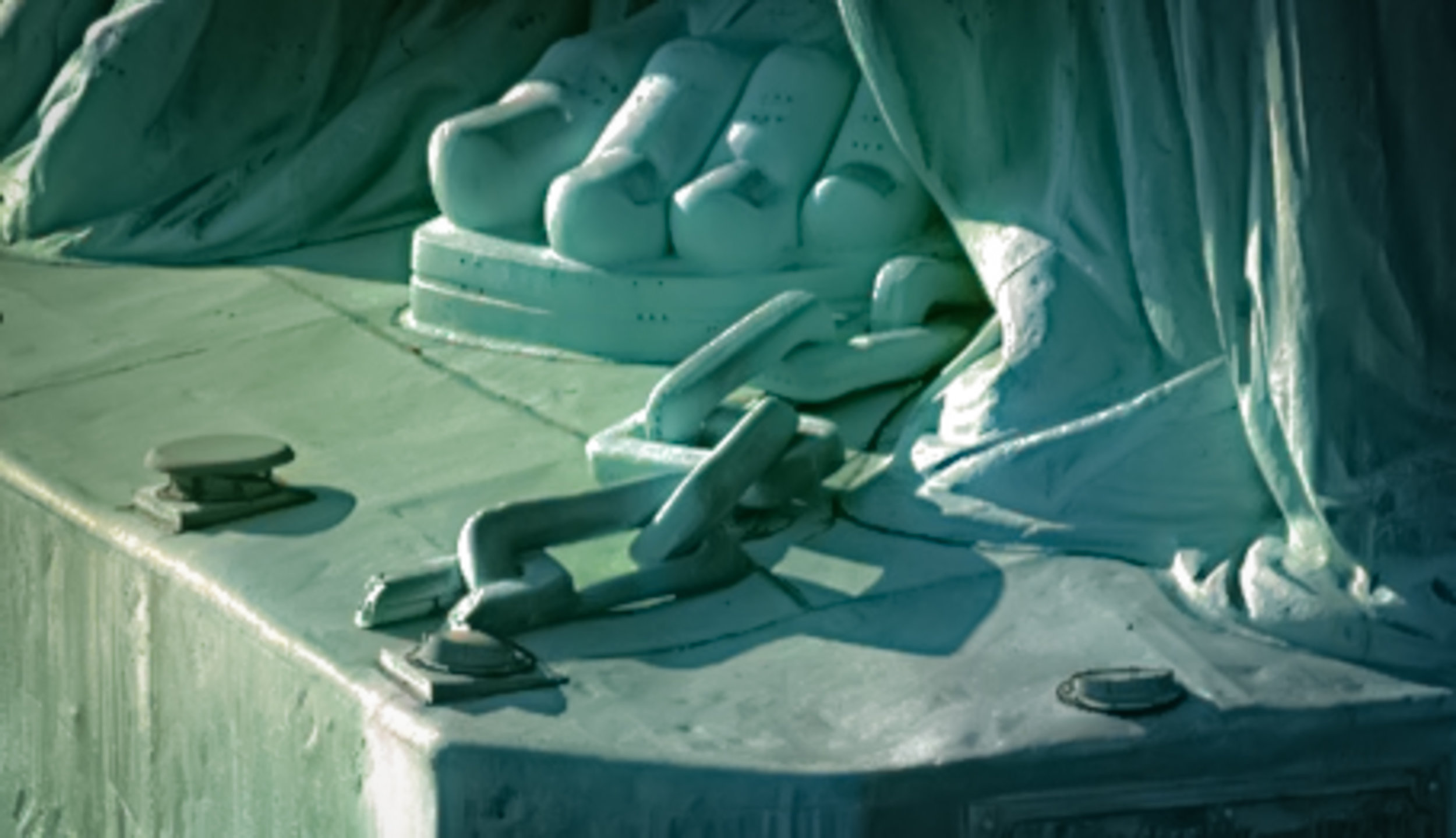.jpg)



_(Pere_Martini)_(1706-1784)_-_(MeisterDrucke-1021542).jpg)




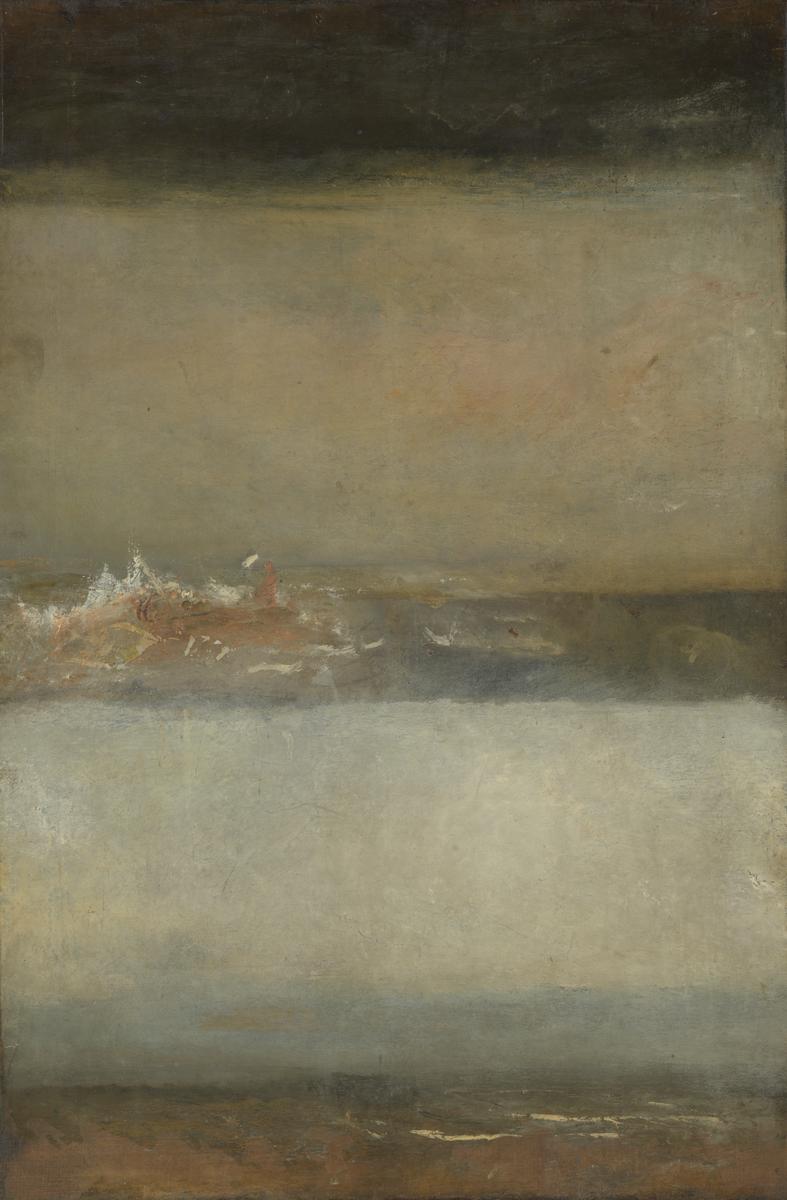
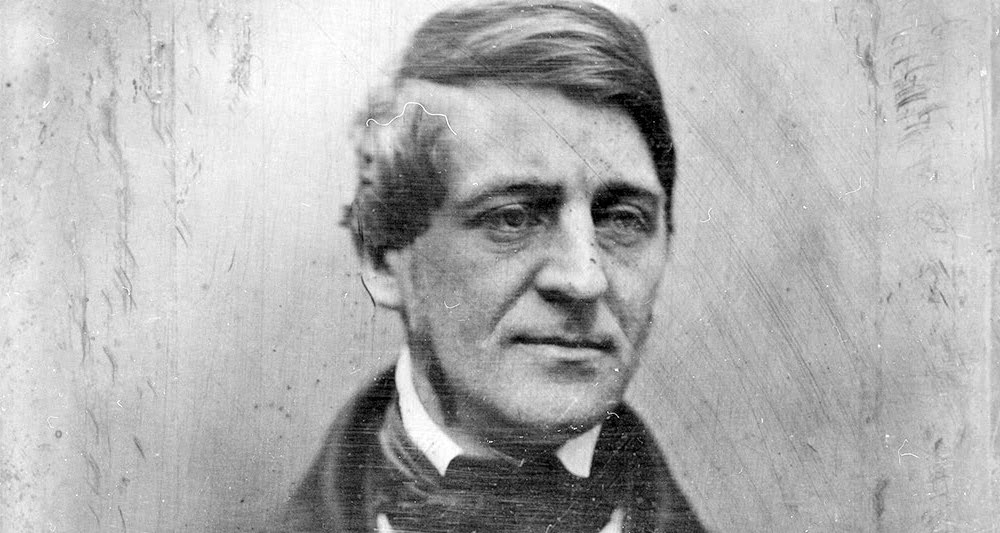


%20engraved%20by%20James%20Barton%20Longacre%20%20-%20(MeisterDrucke-230138).jpg)



